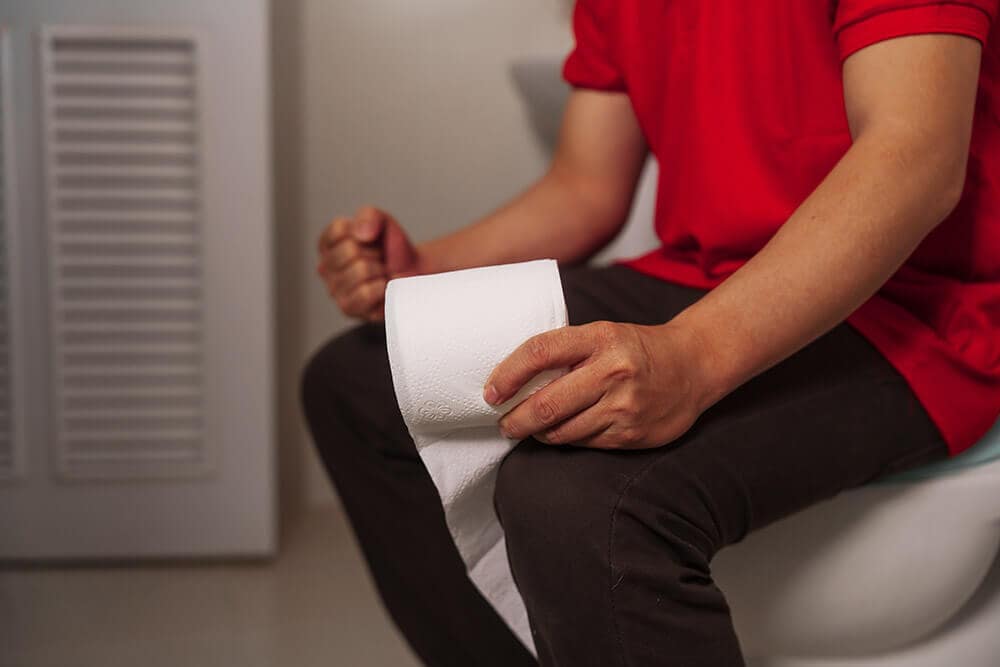Expert Treatment for Hyperplastic Polyps by Dr. Bharat Pothuri
Dr. Pothuri follows a thorough, patient-focused process:
Medical History & Symptom Review
He begins by reviewing your health history and any symptoms like rectal bleeding or changes in bowel habits.
Endoscopic Evaluation
- Colonoscopy: A flexible camera is used to view the colon lining. If polyps are found, they may be removed during the procedure.
- Upper Endoscopy: Used if symptoms suggest issues in the upper GI tract.
Biopsy & Lab Testing
Polyps may be biopsied or removed entirely for analysis to determine if they are benign or require further follow-up.
Additional Testing
Blood tests may be performed to check for anemia or signs of bleeding, ensuring a complete diagnostic picture.
Advanced In-Clinic Care
All procedures are performed in our Houston clinic using the latest endoscopic and diagnostic technologies for your comfort and safety.
Frequently Asked Questions
What are hyperplastic polyps?
Hyperplastic polyps are small, noncancerous growths that form in the lining of the colon or stomach. They usually pose very little risk.
Do hyperplastic polyps turn into cancer?
No. These polyps have an extremely low chance of becoming cancerous, though removal is often recommended to prevent other issues.
How are hyperplastic polyps detected?
They're most often found during routine screenings like colonoscopy or upper endoscopy, when the doctor visually inspects your digestive tract.
Should hyperplastic polyps be removed?
Yes. Even though they're benign, removal prevents bleeding and allows for laboratory analysis to confirm the diagnosis.
Can diet prevent new polyps?
A high-fiber, low-fat diet rich in fruits, vegetables, and whole grains may help reduce your risk of developing additional polyps.
How often should I have screening tests?
Screening intervals depend on your individual risk factors and findings. Most people repeat a colonoscopy every 5 to 10 years if no high-risk features are present.
Is polyp removal safe?
Yes. Polypectomy during colonoscopy or endoscopy is a routine procedure with a very low complication rate when performed by an experienced gastroenterologist.












